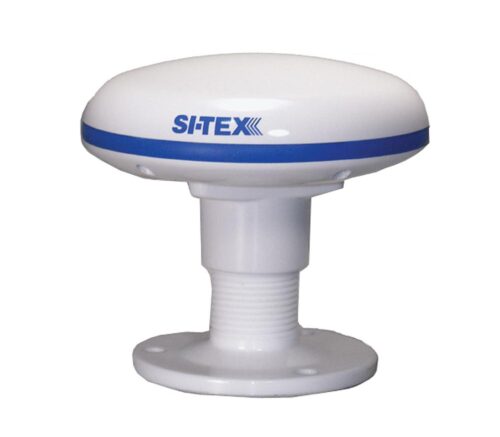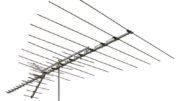GPS is one of those things that works so well we don’t even think about it. We use it to set the clocks on our phones. We use it to know where we are and where we are going. It’s frankly mindboggling to realize that consumer-level GPS has been with us fewer than 20 years, because it seems so utterly critical for life today. Without GPS, we would need maps, and we’d never have any idea how to find our lost luggage. We take GPS for granted.
Most of the things that regular folks use GPS for are kind of simple. However, there are other tasks where GPS really has to work spectacularly well. The Global Positioning System was originally designed to help the military know where to drop bombs. It’s really good at this task too, often helping missiles hit within inches of their intended targets. There are other, less violent, reasons for GPS that need just as much precision. It’s used for precision mapping so that things like bridges and roads go exactly where you need them to. It provides consistent timing for hundreds of different operations. It keeps planes in the air and keeps trucks providing everything to help us live our modern lives.
As I said, for most of us, GPS just works. There are GPS receivers in our phones that do a good enough job of receiving signals. When good enough isn’t good enough, though, you need a GPS antenna.
What can be used for a GPS antenna?
GPS uses frequencies between 1100 and 1600MHz. This means there are a lot of things out there that will do a fairly decent job of receiving those signals. Cellular antennas, for example, are tuned to receive signals from 600-2200MHz and they should also do a decent job of getting GPS as well. However, cellular antennas tend to be highly directional and not designed to point up to the sky. The sky, obviously, is where the GPS signals are. GPS signals are also going to be quite a bit weaker than cell signals, because they’re roughly 20,000 miles further away than your average cell signal.
Really, you need a dedicated GPS antenna. This one, pictured above, is designed specifically for marine use, but there’s no reason it couldn’t be used for land as well. It’s just that, obviously, there’s more of a demand for precision GPS on boats because boats move. For the most part, buildings don’t.
GPS antennas point more or less straight up unlike TV or cellular antennas that are designed only for reception of land-based signals. They tend to be designed to have more gain than other antennas, and often integrate the kind of super-low-noise amplifiers that you find on satellite dishes. Unlike satellite dishes they don’t use a reflector, since they are picking up signals from many different locations at once. Instead they use a large receiving element to make sure no matter where that GPS satellite is in relation to you, you’ll be able to receive its signals.
Choosing a GPS antenna
When looking for a GPS antenna, you’ll need to consider two things. The first is the type of cable used. Most GPS antennas, like most other commercial antennas, use 50-ohm cable. They don’t use the familiar cable that satellite TV, TV antennas, and copper-based internet do. Generally they are tuned to use the super-low-noise LMR 400 cable to allow for the longest possible run.
The other thing you need to consider is the antenna’s capability. There are three frequency ranges used in GPS. Unless you know otherwise, you’ll need to make sure that any antenna you choose picks up all three ranges. Some antennas are so specialized that they only pick up one frequency range. This may not be enough for you. If you want to have some idea of the GPS antennas out there, check out this great selection at Solid Signal.
Solid Signal has what you need
Whether it’s communication equipment for your boat or RV, tools for pro installers, or even broadcast equipment you can’t find anywhere else, Solid Signal has it. Even more importantly, we have it at a great price and chances are no one else on the internet has it at any price. If you shop at Solid Signal, you’ll see what I mean. If you still don’t see what you need, don’t fret! Call us and our purchasing department will try to get you what you need. Some of our biggest sellers started out as special orders, and we like it that way! Call us at 888-233-7563 during East Coast business hours. If it’s after hours, fill out the form below. We’ll get back to you quickly!





